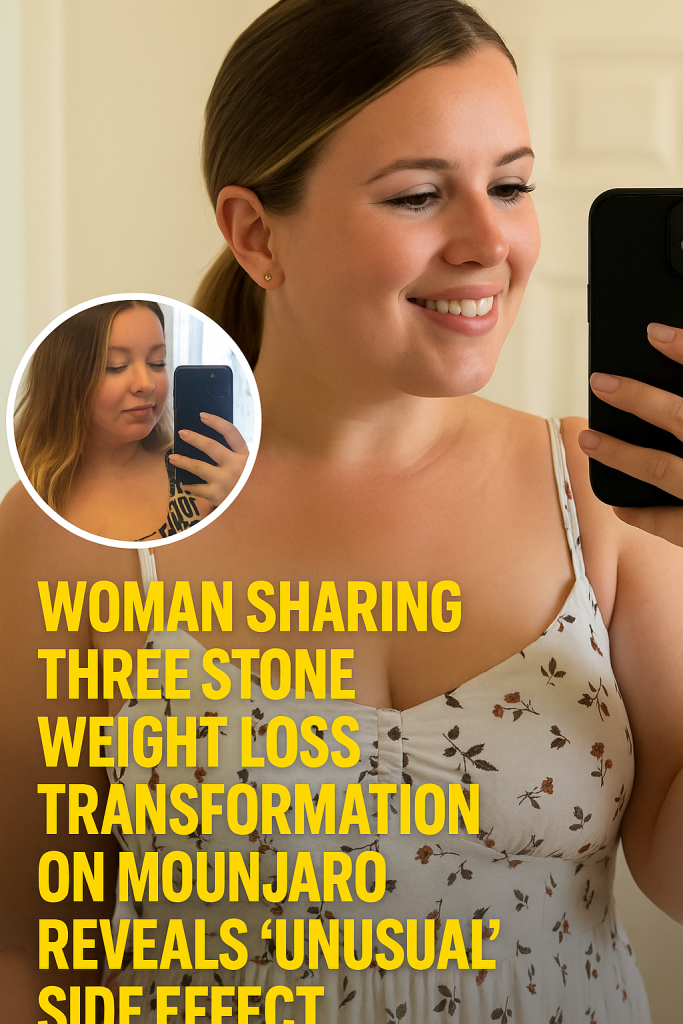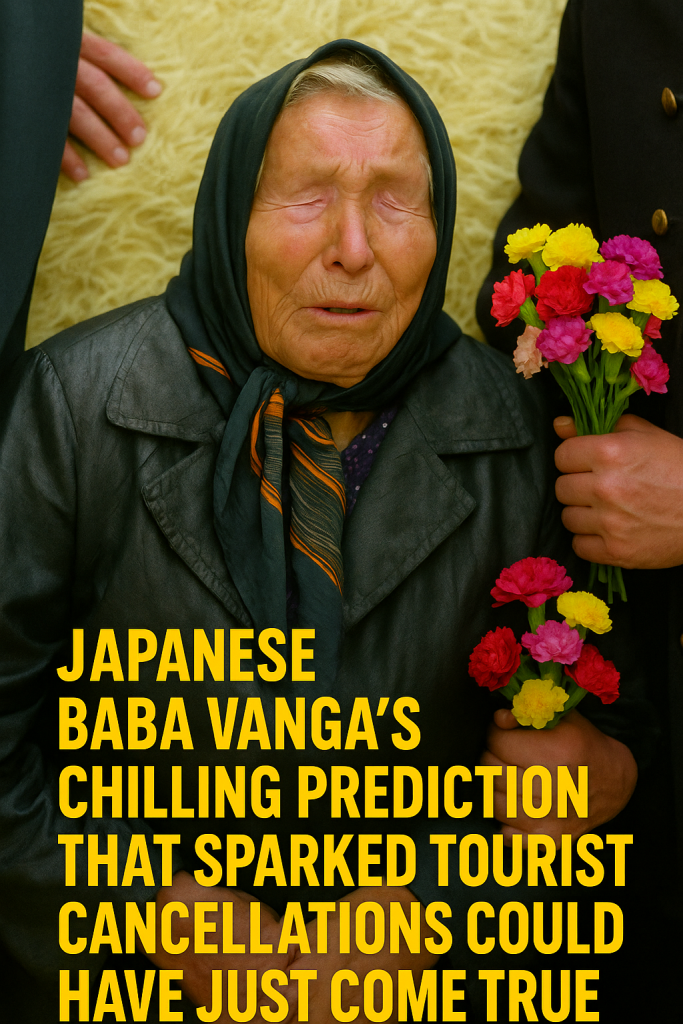In the wake of what has been dubbed one of the most extravagant weddings of the decade, comedian and former talk show host Rosie O’Donnell has unleashed a scathing critique aimed at the celebrities who attended Jeff Bezos’ opulent $56 million wedding bash. The event, reportedly held in 2024, dazzled attendees with luxury beyond imagination, but O’Donnell’s harsh public response has reignited debates about wealth, privilege, and the responsibilities of public figures.
The wedding event, which reportedly cost in excess of $56 million, included a star-studded guest list featuring prominent actors, musicians, and influential personalities from various industries. The scale of the celebration, with its lavish venues, gourmet dining, and extravagant entertainment, quickly became fodder for social media chatter and cultural commentary. However, what caught widespread attention was not just the grandeur of the event but O’Donnell’s direct and biting commentary on those who chose to celebrate alongside Bezos.
“How can anyone in that room justify such blatant excess when so many are struggling?” Rosie retorted in a series of posts and interviews, sharply criticizing the celebrities for what she described as a glaring lack of social awareness. She urged public figures to consider the optics of indulging in spectacles of wealth during a time marked by economic uncertainty and widespread inequality.
Her comments have sparked a heated discourse online. Supporters praise O’Donnell’s candidness and willingness to hold high-profile individuals accountable, while critics argue that attending a friend’s wedding is a personal choice that should remain separate from political or social judgment. The backlash against O’Donnell’s remarks has fueled ongoing discussions about the role of fame, the visibility of wealth, and the expectations placed on celebrities to model socially responsible behavior.
Behind the scenes, sources suggest that the Amazon billionaire spared no expense, renting multiple historic venues and commissioning bespoke entertainment acts. The guest list reportedly included dozens of A-list celebrities, some of whom remain silent on the controversy, while others have hinted at discomfort with the public fallout. This divergence in reactions highlights the complicated relationship between celebrity culture and public scrutiny.
Experts in social dynamics suggest that O’Donnell’s critique reflects broader societal tensions around extreme wealth and public ethics. “When the rich and famous partake in ostentatious displays, it inevitably attracts criticism, especially from voices concerned with inequality,” a cultural analyst noted. “Celebrities wield significant influence, and their actions can inadvertently signal acceptance of social disparities.”
As for Jeff Bezos, his wedding remains an emblem of extravagance, sparking conversations about philanthropy, responsibility, and the intersection between private celebrations and public perception. While the event was undoubtedly a memorable milestone for the billionaire, Rosie O’Donnell’s outspoken response ensures that the $56 million wedding bash will be remembered not just for its opulence, but for the cultural reckoning it has ignited.
Whether one views the criticism as warranted or misplaced, the controversy serves as a catalyst for an important dialogue about wealth, celebrity, and conscience in a complex world. As the dust settles, the question remains: who is truly to blame when indulgence meets outrage?



